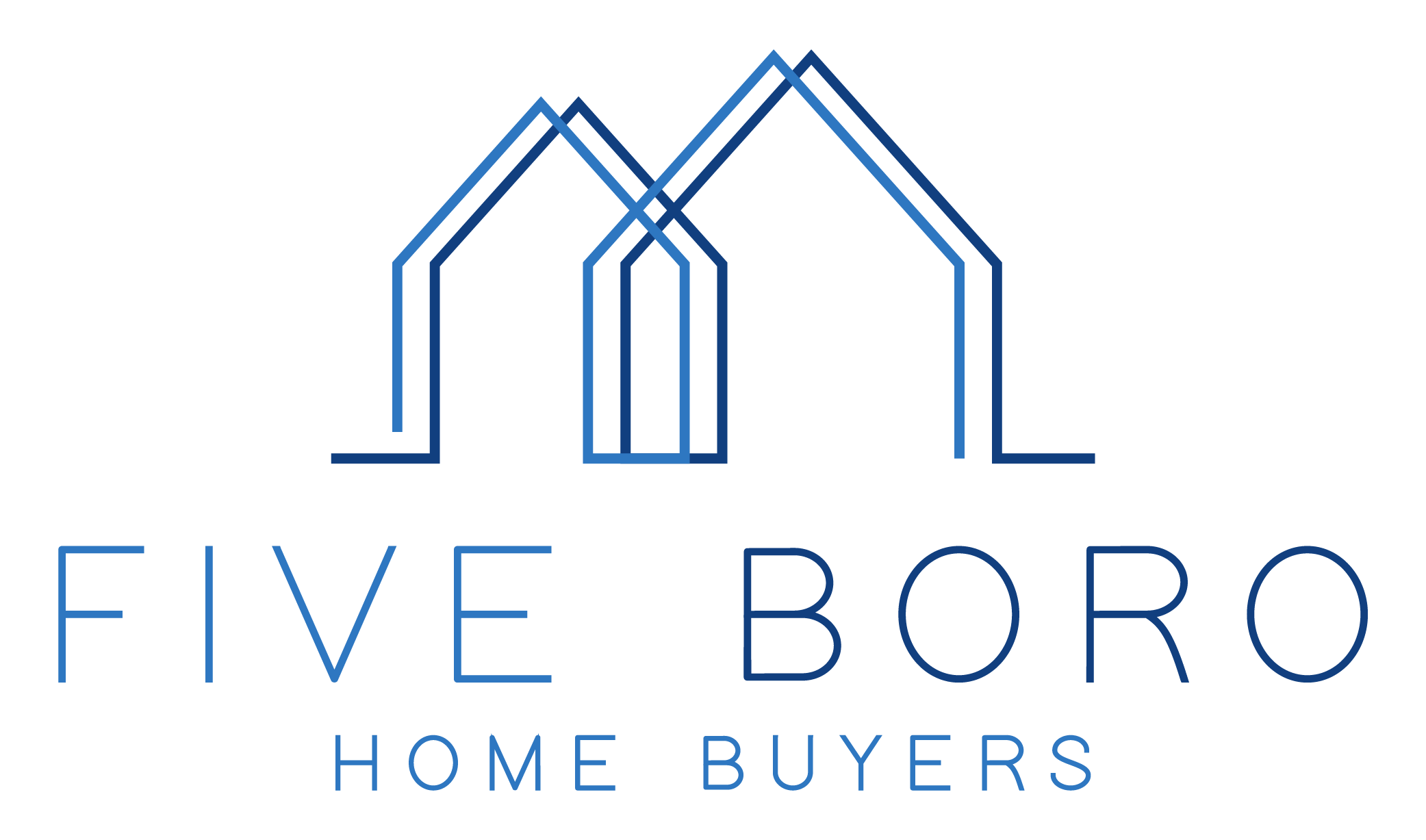It’s been estimated that between 2007 and 2061, nearly 93.6 million Americans will inherit roughly $59 trillion. Of that whopping $59 trillion, a portion of it includes property.
For those fortunate enough to receive an inheritance in the form of a home, you’ll probably think about selling it. However, there will be at least one issue nagging at you. You’ll wonder if Uncle Sam will have his hand in your profit.
If you keep reading, we’ll help you understand if you actually have to pay a capital gains tax on inherited property.
Exactly What Is a Capital Gains Tax?
Simply put, a capital gains tax is the small price you pay to the federal government whenever you sell property of significant value, i.e. a home, for more than you paid for it. Essentially, it’s a tax on the profit you make.
Since we are talking about inherited homes here, the recipient of an inherited home clearly hasn’t paid anything for the property. As such is the case, the government uses the valuation of the home at the time a person inherits the property as the starting point, and what the property eventually sells for to determine the actual profit.
So Will You Have to Poooay Capital Gains Tax on Your Inherited Property?
While it does depend on several factors, there’s a good chance you will wind up owing Uncle Sam something by way of a capital gains tax.
Besides looking at the profit you earn, the government will also look at your tax bracket, your marital status in terms of how you file your taxes, and how long you’ve owned the property.
Say, for example, you’re single with a taxable income around $68,000 a year, and you inherit a house in Nassau County valued at $395,000. If you sell it within a year for $415,000, you’re looking at an estimated capital gains tax as high as $4,400.
In another example, if all of the variables are the same except you’re married filing a joint tax return with a taxable income around $130,000, you’d still be looking at a capital gains tax as high as $4,400.
Are There Ways to Legally Avoid Paying Capital Gains Tax on Inherited Property?
America wouldn’t be America without its loopholes in the tax code. Should you inherit a home and decide to make it your primary residence for at least two years, then you’re looking at an exemption from the capital gains tax—that is, provided you don’t profit more than a set amount and haven’t taken advantage of a previous capital gains exemption for another property within a two-year window.
So You Still Consider Selling If You Have to Pay a Capital Gains Tax?
While the prospect of paying a capital gains tax on inherited property may seem daunting, don’t let it scare you into not selling. When you add up the costs for keeping a house you don’t plan on living in or think about the hassle of converting a home into a rental property, you’ll quickly realize selling is still a great option.
And when you’re looking to sell, make sure you contact us. We can deliver you a cash check for your home within seven days.
